Connecting the World through Culture
A Unique Curriculum
-

Develop an international mindset by learning about cultures
By studying and comparing different regions and cultures, students can gain the multifaceted perspectives needed in an international society. Thinking from multiple perspectives gives you the power to explore new paths through dialogue, without denying values and cultures that are different from your own. In an increasingly complex global society, students will hone their true internationality toward harmonious coexistence.
-
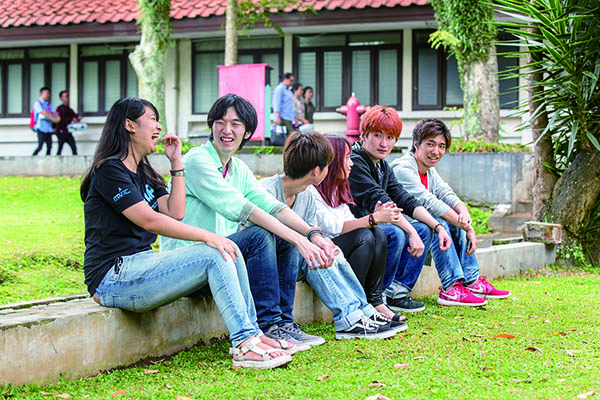
Decide on your own theme and conduct research in various parts of the world
Students spend approximately six months conducting research in the U.S., Canada, New Zealand, the Philippines, South Korea, Taiwan, France, and Spain, or in Kyoto, Kanto, Hokkaido, and Okinawa. Students deepen their research themes through actual visits and encounters with a wide variety of people and places.
Choosing one of three courses in the second year
-
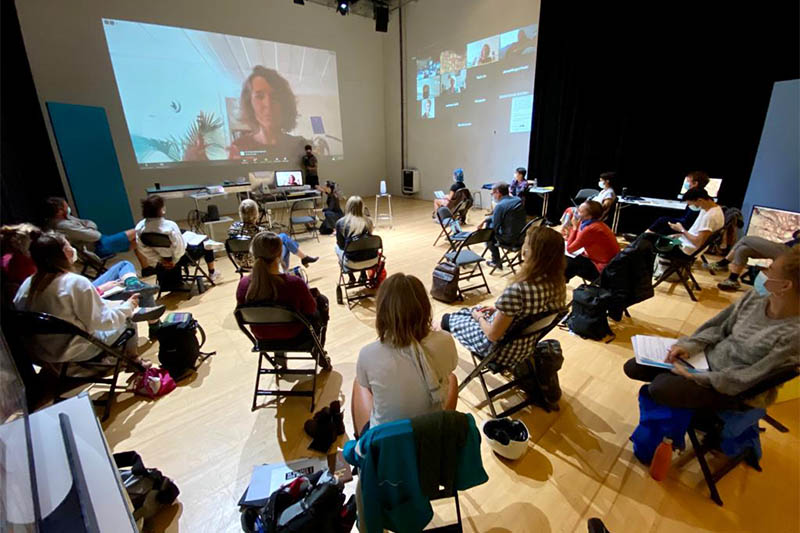
Global Culture Course
Students learn about various cultures and social issues around the world through experiences abroad and in Japan. Practical language skills for cross-cultural communication are also improved. Research subjects are vast, ranging from history and religion, economics and business, food culture, art culture, and pop culture such as fashion, music, and movies. By conducting regional studies and cultural comparisons based on your interests, you can deepen your understanding of the current situation and issues in the international community with a real sense of reality. Students will develop a global perspective and flexible thinking skills to understand different cultures, acquire the ability to face global issues, and acquire the ability to live as oneself in any country or region.
-
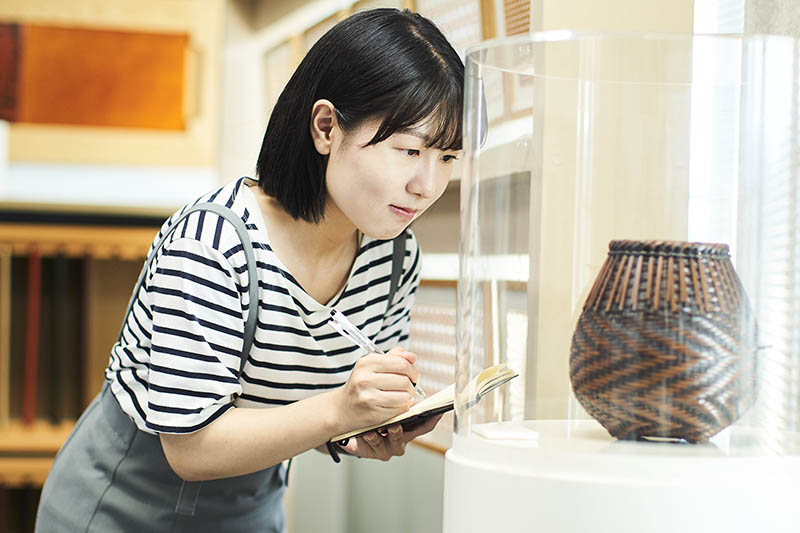
Japanese Studies Course
Kyoto is one of the world's leading international tourist cities. Taking advantage of the characteristics of Kyoto, where tradition and innovation coexist and people from diverse countries and regions gather, students deepen their understanding of Japanese culture. Another strength of Kyoto is its ownership of the Kyoto International Manga Museum, a world-class manga research facility. In addition to English language skills, we also emphasize the improvement of Japanese language skills in order to develop the ability to communicate widely overseas. In our fieldwork program that connects you with the world, you can choose to be based either in Japan or overseas. Students are able to turn what they love into the ability to contribute to society and connect Japan and the world through culture. You can also obtain a national license to become a registered Japanese language teacher.
A Unique Curriculum
Long-term fieldwork worldwide (Year 2)
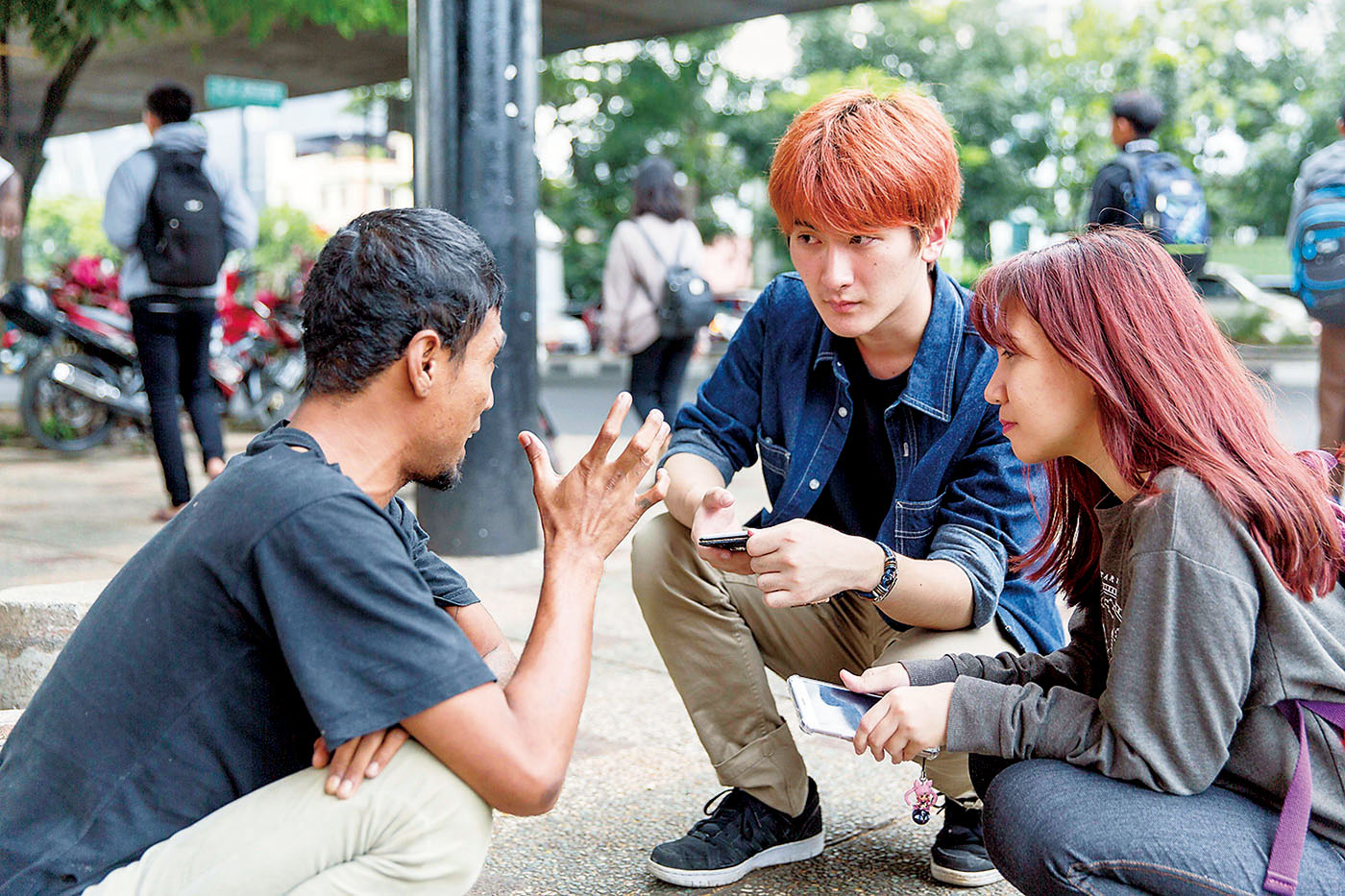
Learning Outcomes
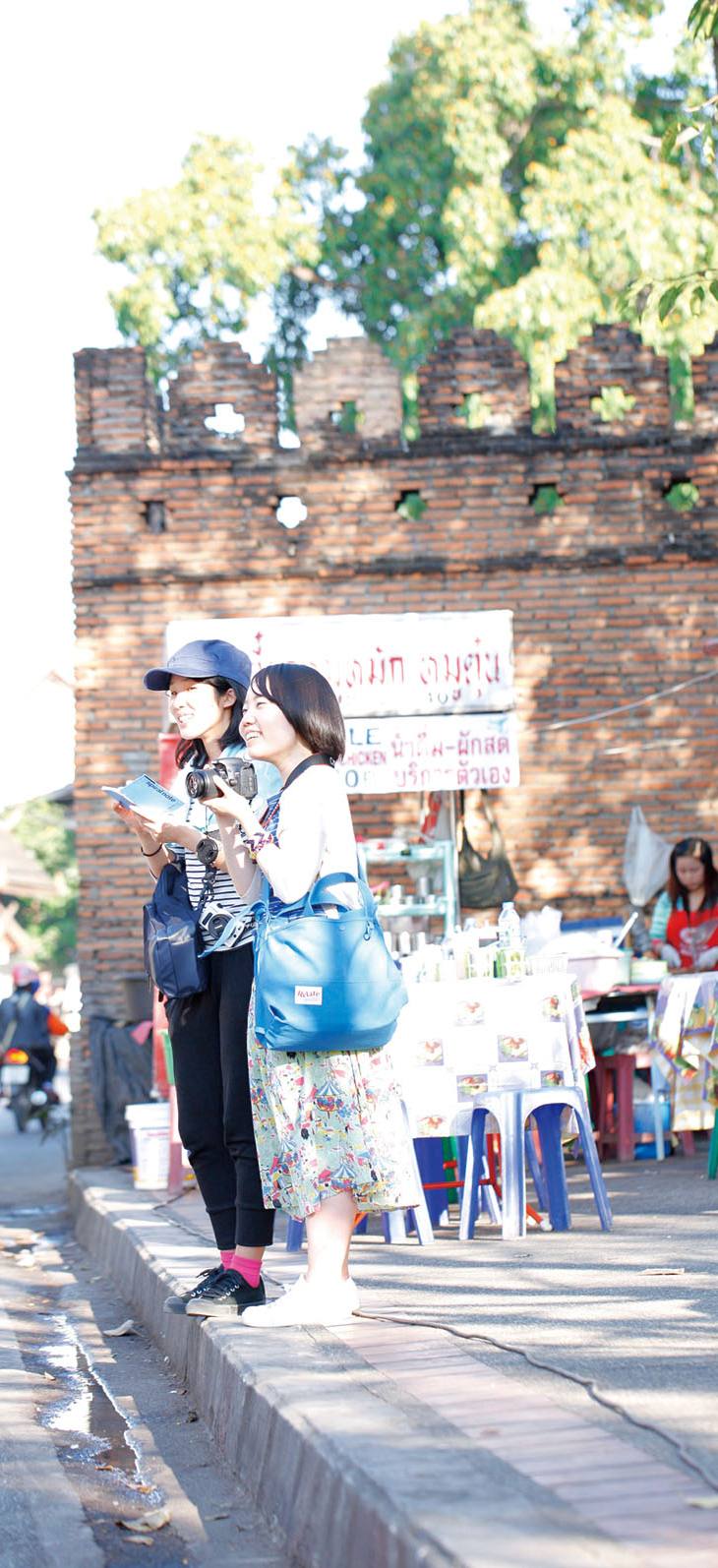
Students gain a breadth of knowledge and experience by preparing for, carrying out, and reflecting on the long-term fieldwork overseas central to their studies. They fearlessly tackle the unknown to gather necessary information during fieldwork and forge their own path.
■ Faculty with rich international experience oversee the supervision of students
The supervising faculty are active field workers who are engaged in research in many countries and regions worldwide. They pass on the knowledge and skills they have gained through their extensive experience to students, including effective research techniques and safety tips.
Careers
- International business (trading companies, manufacturers, and foreign companies)
- Companies promoting Japanese and global cultures (event planning, travel, and tourism)
- Publishing, advertising, and mass media- Education (junior/senior high school teacher)
- NGOs/NPOs, social enterprise, research
and many more

